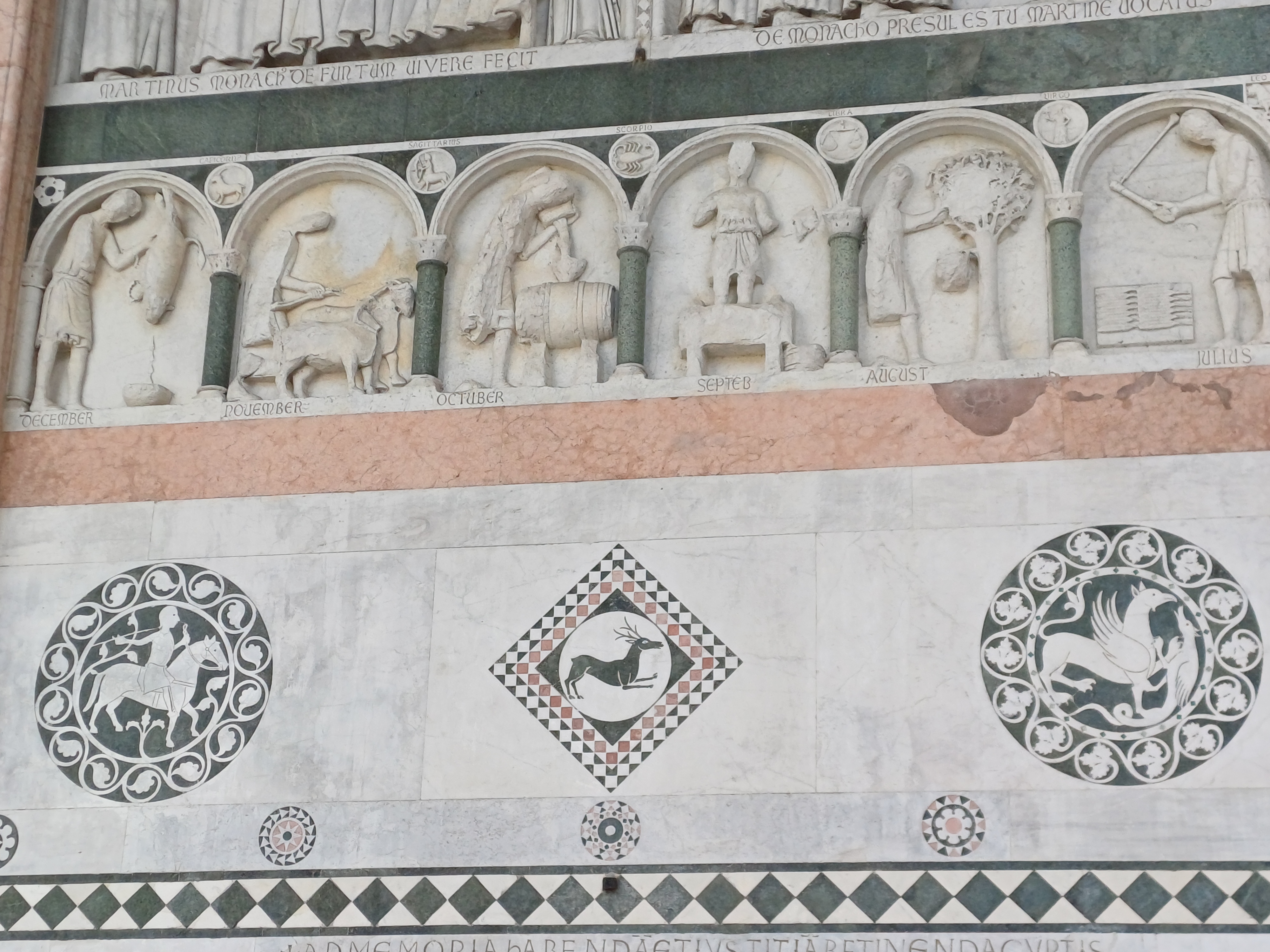Ars docendi 09/2021
Premessa – Vorwort [Adami]
Dear readers,
In this issue of Ars docendi, we address a very fascinating topic:
the so-called “Mehrsprachencurriculum” (multilingual curriculum), which has been discussed for several years now in universities but is still not widely used in schools. We have invited colleagues from different parts of Germany and Italy to illustrate the progress of the curriculum in their respective regions: Cornelia Eberhardt talks about the idea of the Mehrsprachencurriculum in Thuringia, Helga Tschurtschenthaler (Bolzano, Pedagogical Institute) presents the Mehrsprachencurriculum in South Tyrolean schools, Luca Sgambelluri (Bolzano, Pedagogical Institute) has been in contact with colleagues in northern Italy and has learned about some very interesting initiatives, Martina Adami (Bolzano) explains how Latin can or should be included in the multilingual curriculum.
Historian Fabrizio Manco (Trapani) reports on the interaction between Latin and the language of science, and Andrea Pizzotti (Como) completes the theme with a look at Greek-Latin linguistic comparison and ancient and modern perspectives.
The conference ‘Perspektiven V’, presented by Matthias Korn (Leipzig/Dresden), dealt in part with the same issues.
In addition, we have included in this issue a moving testimony by Rainer Weissengruber (Linz), who tells us about the initiatives launched in Cividale in memory of Sandro Colussa, a highly esteemed colleague who passed away too soon.
Maria Krichbaumer (Munich) adds another contribution to the theme ‘Travelling – in the ancient world’, this time talking about St. Christopher.
Benedikt Krichbaumer (Munich) adds some reflections on Weltaltermotivik (the ancient worlds at the origin of the earth).
Finally, this issue also contains two reviews: one on a book published in 2019, “Cicero als Bildungsautor der Gegenwart”, and another on an important tome on Latin teaching in the German-speaking world.
I wish everyone a Merry Christmas, a Happy New Year and plenty of time to consult our proposals and ideas in this issue of Ars docendi.
Martina Adami
